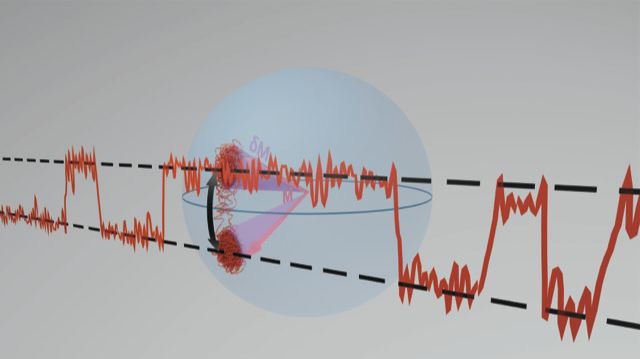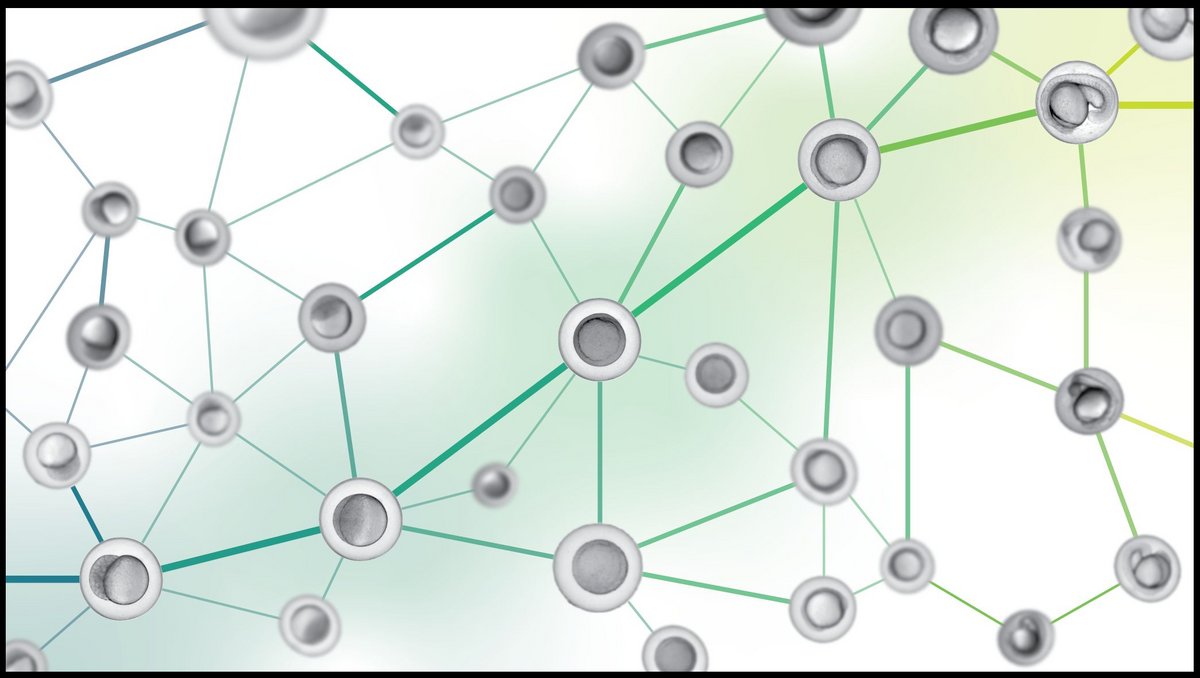![[Translate to Englisch:] Student sitzt in der Bibliothek an seinem Laptop mit vielen aufgeschlagenen Büchern drumherum](/fileadmin/pi/fileserver/Digital_Magazin/2.%20Studium/Starthilfe/Studierende%20in%20der%20Bibliothek.jpg)
Support for students
The Deutschlandstipendium scholarship provides funding and support for almost 50 students at the University of Konstanz. The programme is for high-achieving students, especially those who are involved in social projects.
Read more







![[Translate to Englisch:] [Translate to Englisch:]](/fileadmin/_processed_/b/5/csm_studie_zum_fachkraeftemangel_03__2__47c8535d5c.jpg)
